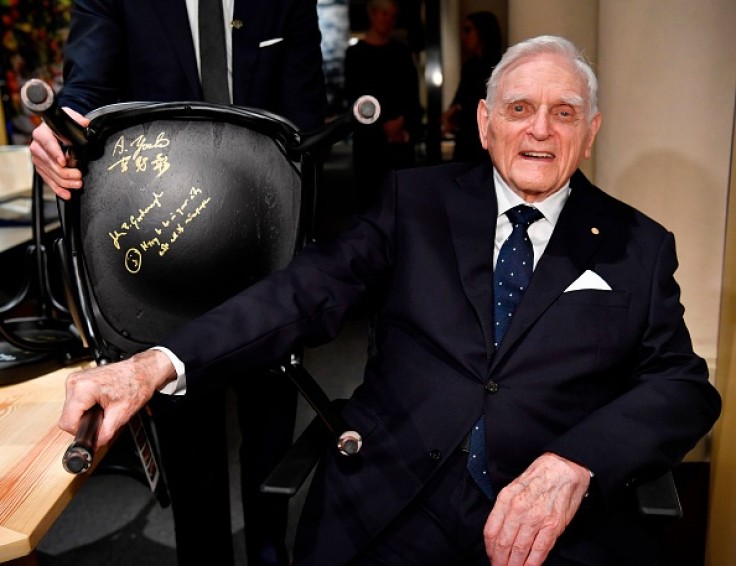Only a select few can invent something so notable that basically, the whole world uses it. John B. Goodenough, a Nobel laureate, is behind the invention of the lithium-ion battery. Sadly, the creator of the battery that is now widely used has passed away at 100 years old.

John B. Goodenough
Just a month before his 101st birthday, Goodenough passed away in Austin, Texas, residing in an assisted living facility. The inventor was born in Germany on July 25, 1922, to Erwin and Helen Goodenough. His family eventually flew to the US as his father accepted a new job.
Erwin Goodenough was given a faculty position at Yale where he taught comparative religion. John Goodenough suffered through dyslexia during his younger years and struggled with English. To make up for it, he studied languages like Greek and Latin and focused on Mathematics.
Eventually, Goodenough was accepted at the university his father taught in, as well as received a scholarship to study there. He continued his focus on mathematics and worked several jobs to continue studying at Yale, as mentioned in Interesting Engineering.
During the war in the 1940s, he was enlisted for active duty in the Army Air Forces, but he went back to his studies after receiving another scholarship to study at the University of Chicago. He completed his master's and doctorate degrees in physics.
In a way, he was not actually the sole developer behind the lithium-ion battery. Many scientists before him have contributed to its invention, but he was the one who cracked the code and made the creation of the battery possible.
He was behind one of the biggest technological contributions in history, yet he did not get the recognition that he deserved for it, not until 2019 when he became the oldest Nobel Prize winner in history, sharing the $900,000 award with two others who contributed to the invention.
You'd expect that someone who invented something that every household has would be extremely wealthy. But, he actually received no royalties for it, as mentioned in The New York Times. His concerns were only about knowledge and shared the patent with his colleagues.
The only money he ever got was from his salary working as a professor for 60 years at the Massachusetts Institute of Technology, Oxford, and the University of Texas. He was still an active researcher up until 97 years old.
Lithium-Ion Battery
Lithium-ion batteries can be found in many of the devices we use every day, from smartphones, remotes, and rechargeable tools, to even electric vehicles. The invention is basically the life source of many electronics that make out lives convenient in so many ways.
British chemist Stanley Whittingham worked on creating a battery as well, but the high voltage it held came at the price of exploding when overcharged. It was Goodenough's idea to use layers of lithium and cobalt oxide for the cathode, making the battery less dangerous.









